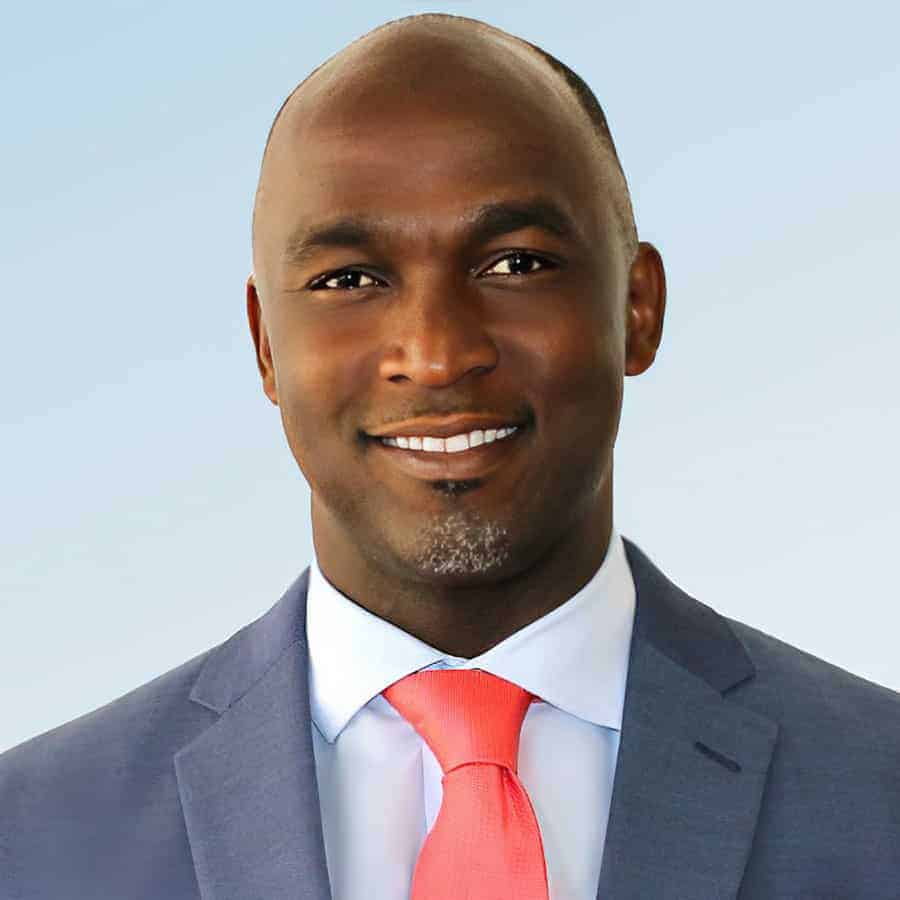In this episode, I talk to Gary Hamilton, P.E., CEng, PMP, LEED AP, CxA, EDAC, FASHE, Senior Vice President, and USA Healthcare Director at WSP, about project management in designing healthcare facilities, and how someone with a strong technical background can transition into a management role.
Engineering Quotes:
Here Are Some of the Questions I Ask Gary:
- What does a healthcare director do, and what are some of the responsibilities of a healthcare director?
- How does someone with a strong technical background transition into a management role?
- What does your role in resource management entails?
- How do you motivate and engage your team when working on projects?
- Why is leadership development important in healthcare, and what type of leadership you need?
- What are some of the things you do to deliver projects on time and within budget?
- Also, How do you ensure the soon-to-be or new PMs are getting the training they need?
Here Are Some Key Points Discussed in This Episode About Project Management Tips for Engineers:
The main tasks of a healthcare director are to build hospitals and provide equitable healthcare for the population. They must set out the direction in which healthcare is going in the future and what will be achieved along the way. But also they ensure their teams are making all the connections with the clients and stakeholders, and ensure the correct staff is available for what is needed for the projects across the country. People management, staff retention, and recruiting suitable staff members are also some of their tasks. And ensuring growth rate targets in healthcare are achieved is also an important role.
- It is easier for people with strong technical backgrounds to transition into management if they like to lead and have had previous leadership roles in their lives. They must enjoy leading their team to reach the finish line.Understanding the technical side is the first part of leadership because you must know and understand what must be done on projects to effectively lead your team through it. Learn how to deliver projects and how to understand your clients, relate to them, and meet their needs.
- Resource management plays an important role in delivering projects. You must ensure you have the right people for your project and that they are brought into the project at the right time for the process to be streamlined. Make sure that the resources you have are the right resources you need at that time throughout the project. Ensure that you are not overstressing any part of the project in terms of resources. It will ensure that quality control will be part of your design, which follows through from the beginning to the end of the project.
- There are small things you can do to help keep your team motivated and engaged, like starting meetings with icebreakers, but do not neglect the larger team-building efforts. Team-building events make sure your staff keeps motivated. It allows you to speak to your staff, on a more relaxed and personal level, about the challenges they are experiencing on how you can help them. Highlighting your staff’s achievements and providing them with awards helps the morale of your team.
- Leadership is of utmost importance in healthcare and design. Also, the pandemic made many people working in healthcare show their true leadership skills because the healthcare system was not efficiently capable of handling such a threat. The facilities that are now designed will be ready to handle such threats in the future. It takes good design decisions, leadership, and communication with your clients to make it happen. Tha’s way we must ensure that our healthcare system is resilient enough to handle another pandemic if it should arise.
- Maintaining and managing your schedules is of utmost importance in keeping your project on time and within budget. It helps you and your team understand how the project is progressing and identify problem areas early on. You will know when you should bring in the right staff for the next milestone in your project. It will help to manage costs by ensuring the correct resources are used for the right amount of time and not overstress the fees allocated to that period of the project. Managing your clients and stakeholders will ensure you do not lose money by doing work that is not part of the scope.
- Training of upcoming and new project managers is of utmost importance in healthcare — and any engineering industry. Ensure the company you work for has a good training department and is willing to help you grow throughout your career. Companies must make investments in the training of their staff to ensure staff retention and company growth.
More Details in This Episode…
About Gary Hamilton, P.E., CEng, PMP, LEED AP, CxA, EDAC, FASHE

Sources/References:
WSP
ASHE
Leach Wallace
tk1sc
Connect with Gary Hamilton, P.E., CEng, PMP, LEED AP, CxA, EDAC, FASHE, on LinkedIn
We would love to hear any questions you might have or tips you can share for engineers about project management.
Please leave your comments, feedback, or questions in the section below.













